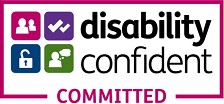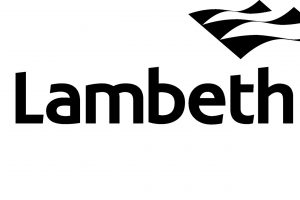This course covers aural recognition of chords, progressions, intervals, rhythms and scales/modes, incorporating some a cappella singing based on jazz standards. Suitable for any aspiring jazz instrumentalist and ideally taken with Jazz Harmony C. Building on Terms 1 & 2 of Jazz Ear-Training, improve your ability to recognise rhythms, intervals, scales/modes, chords, harmonic and root progressions, as well as song structure and how to transcribe solos. Develop an advanced sense of time and rhythmic skills, important to any improvising musician.
Jazz Harmony and Ear Training Applied: Practical Skills for Playing Jazz (C)
When & Where
-
22 April 2025 - 1 July 2025 ( 22 hours, 11 weeks )
- Evening, Tuesday
-
View course timetable
-
Waterloo Centre
Quick Facts
- Availability Yes
- Course Code W24JPMF02C
- Suitable For 19 year olds and up are permitted on this course
What you will learn
Learning Outcomes
By the end of this course, you will be able to:
- You will develop your ability to recognise rhythms, intervals, scales/modes, chords, and common harmonic progressions done through weekly ear-training exercises with the tutor
- You will study different approaches to playing over well-known jazz standards with direct coaching from the tutor. You will look at ways to improve your improvising and expand your jazz vocabulary.
- You will learn common song structure and how to transcribe solos. You will be given corresponding homework to put this into practise, with guidance from the tutor
- You will develop your sense of time and rhythmic skills, important to any improvising musician
Cost
Class format and activities
Most classes will involve regular playing sessions focusing on different jazz standards each week, with a focus on how to develop your harmonic and rhythmic ideas when soloing . We will listen to some examples of great solos and look at how they are shaped and what devices are being used to maintain harmonic and rhythmic interest throughout.
Entry requirements
You will have previously attended Terms and 2 of 'Jazz Harmony and Ear Training' or have equivalent knowledge gained from playing experience or outside/private study. The course is designed to be modular so new students can join in each term, but please take advice from the tutor beforehand so you know what will be expected and to make sure you get the most out of the sessions..
What you need to know before you enrol
You will need to do regular practise outside of the meetings, to make the most of the material learned in class. The teacher will give guidance about what to focus on each week and you will get feedback at each session.
What you need
You will need to bring your instrument to most classes, including your own lead if you play guitar or bass. Amps are provided by the college.









